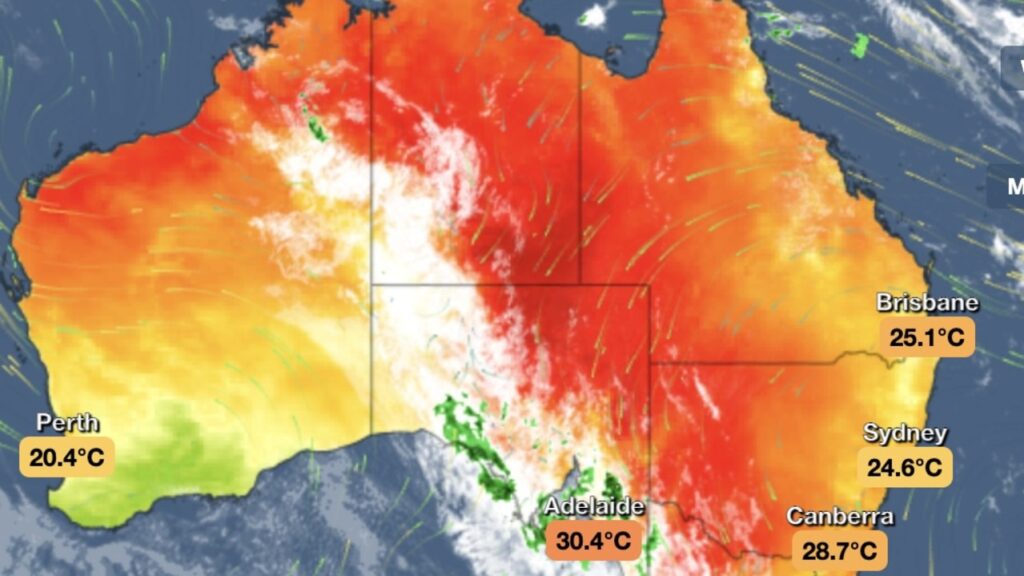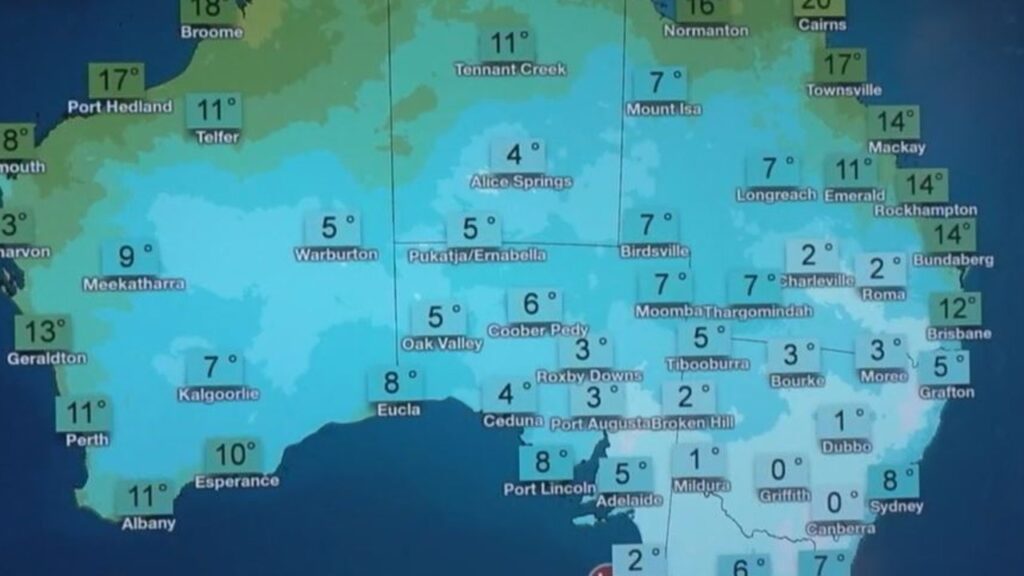Major update in live sheep export ban
Written by admin on June 21, 2024
Australia’s $77m live sheep export industry should be given more assistance to confront a controversial ban, a parliamentary committee has recommended.
Handing down its final report on Friday, the Labor-helmed agriculture committee inquiry rubber stamped the Albanese government’s proposed ban on live sheep exports.
But it indicated the mooted $107m package for sheep farmers and other supply chain participants was not enough.
“The committee recommends that the Australian government considers making additional funding available to support the transition, potentially through the 2026 stocktake of industry progress,” the report said.
The export ban delivers on a commitment made by Labor prior to the 2022 election. Cattle and other livestock will not be affected by the proposed ban.
However, farmers fear the move will be a precursor to further tightening of regulation in the agriculture industry.
The dissenting report, tabled by the committee’s Coalition members, recommended the legislation should not be passed, and that the proposed legislation be further examined via a Senate probe on the same subject.
“A comprehensive inquiry into this Bill be undertaken by the relevant senate committee, to hear from ALL impacted communities in Western Australia, members the industry, those in the supply chain, radical animal activists, and considering all the costs and benefits of the impacts and the Bill, not reporting before December 2024,” the dissenting report read.
As the Albanese government has pushed ahead with its planned phase out of live sheep exports, farmers have moved to amass a war chest od more than $1m in a bid to target marginal seats in Western Australia at the next federal election.
More Coverage
Labor’s electoral grip on WA is viewed by strategists as having hit a high watermark at the 2022 federal poll.
The Coalition views seats in the agriculture and resource rich state as particularly vulnerable after legislative changes which have attracted widespread industry criticism.
More to come







